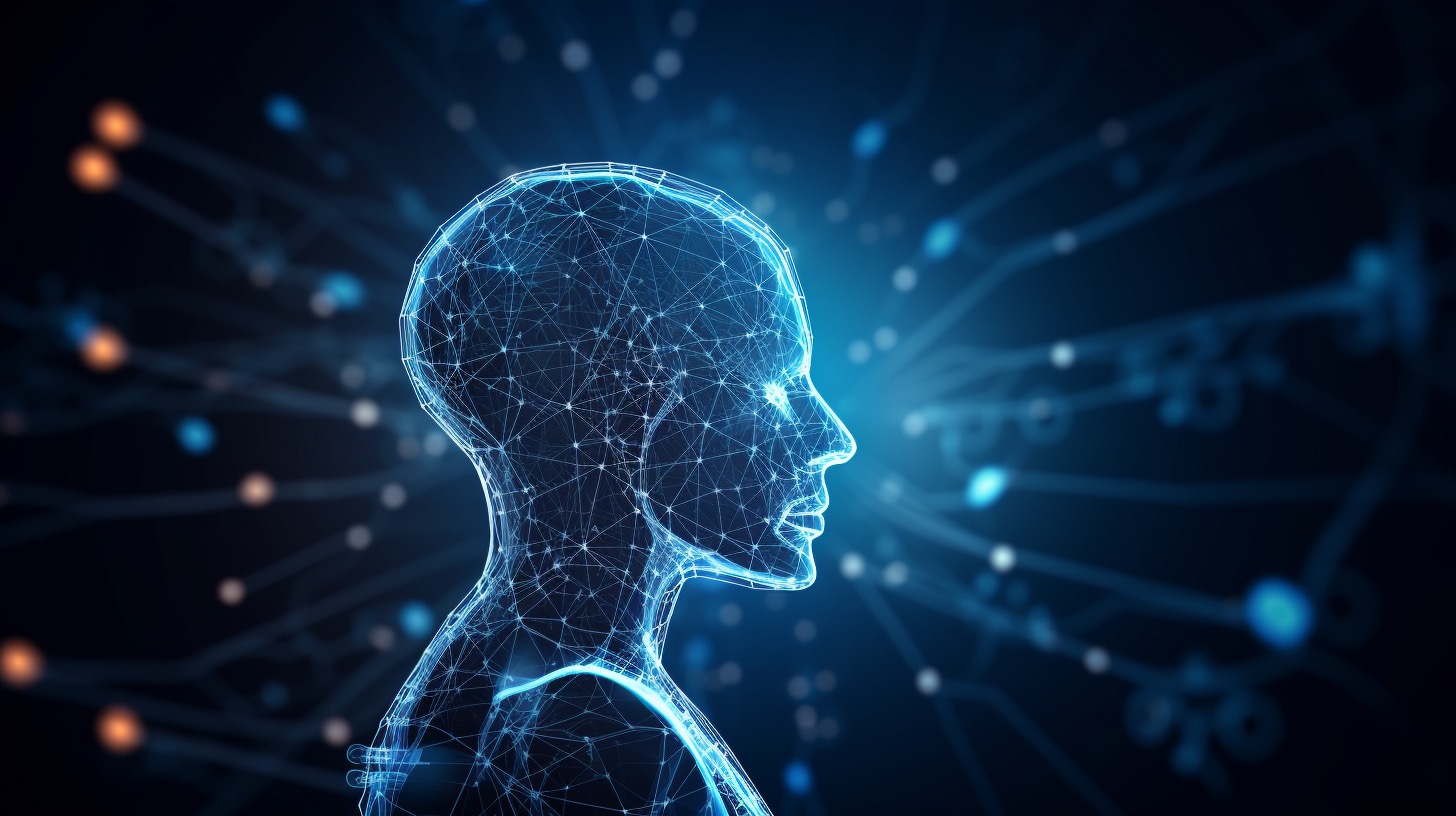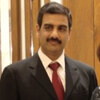
Impact of ChatGPT in Healthcare domain
12 Jun 2023Impact of ChatGPT in the Healthcare domain
Released in the month of November 2022, ChatGPT is an artificial intelligence (AI) chatbot developed by Open AI. Since it’s release it has been making quite a buzz for the ease it can provide to humans in all spheres. From creating a conversation to writing poetry, making a sales pitch to much more are just some of the uses of ChatGPT. According to the Open AI’s official website, it answers follow-up questions, admits its mistakes, challenges incorrect premises as well and rejects inappropriate requests. It therefore acts like a human model while extending the technological realm of human understanding. It has several benefits, and according to some studies, it is the fastest-growing app of all time.
Can ChatGPT enhance the whole landscape of the healthcare industry?
This is an interesting question. It is on the minds of most people in the healthcare industry, from patients to medical professionals. ChatGPT has technological advancement and growth adaptability to enhance the healthcare service landscape far ahead in its effectiveness and efficiency.
Some of the avenues of advancing the diverse landscape in effectively managing the healthcare domain include enhancing medical education, potential applications in mental health support, remote patient monitoring, medication management, disease management, flagging potential drug interactions, suggesting
various treatment options, as well as medical track record-keeping.
Chat GPT is a language-based model and a simulated chatbot that is primarily designed to provide enhanced customer service.
Healthcare is an exciting domain for Chat GPT. It can extend its helpfulness in making the industry more customer-friendly, service-oriented, and seamless in its patient experience as well as make systems and processes more efficient for medical personnel.
One of the essential features of ChatGPT is how it can be tailored and customized to industry demand. The healthcare industry may want to design the uses of the Chatbot to its full advantage and align it to the industry requirements. As a versatile growth in the healthcare landscape, Chat GPT has the potential to do so much more than it currently projects as in-book patient appointments, help patients receive better treatment, and manage their health information. It is a multimodal model, and thanks to deep-learning capabilities and NLP (Natural Language Processing) - it is revolutionizing the healthcare field with each passing day.
Can ChatGPT – the fastest growing app of all time enhance the healthcare domain in its effectiveness and efficiency?
ChatGPT in healthcare, i.e, medicine and wellness domain, has a lot of applications; some of them are as follows
Clinical Trials
Chat GPT can greatly help perform effective and accurate clinical trials. Clinical Trials are vital to the advancement of healthcare systems. They are pivotal to developing new treatments, uses in diagnostic tools, and preventive strategies. Can Chat GPT enhance clinical trials? Can it effectively identify patients willing to participate in clinical trials? It can be used to develop more
accurate and reliable symptom checks and can provide fine-tuned guidance on the next steps that are to be taken in the treatment journey by the patients.
Uses in Telemedicine
Chat GPT can perform various actions in telemedicine –from scheduling an appointment to receiving treatment and managing the patient’s health information. It can be highly useful as through its effectiveness it can reduce the time taken for delivering the telemedicine service, reduce significant errors, and improve patient care.
Medical Translation
Another significant benefit of Chat GPT is in the field of translation, it can enhance the accuracy and nuances in translation, especially in medical translation. It can quickly translate medical jargon, technical terms, and common expressions allowing patients to understand the diagnosis and treatment options
available to them and other medical instructions. Therefore, it simplifies the patients’ journey and their road to recovery.
Disease Surveillance
In some words, the future is here when public health surveillance can be revolutionized using ChatGPT. It can track and monitor global health data and give real-time updates and insights into outbreaks and thus facilitate early responses in effective disease surveillance.
Patient Triage
The triage system is used in healthcare to track, monitor, and determine which groups of patients should receive treatment and care. These systems are designed to provide information to patients on their clinical status, the prognosis of their diseases, and available healthcare services. ChatGPT can revolutionize the patient triage system and enhance its effectiveness from the inside of the existing system.
The correct Drug Information
According to ChatGPT - it can provide information about drug products, side effects of relevant drugs prescribed, and dosage information and instructions. Drug interaction and contraindications, assist in drug discoveries and do much more.
Medical Management
Chat GPT can help patients manage their medications, including reminders, dosage instructions, potential side effects, and other medical information that needs careful management. It can also be instrumental in medical record-keeping, extracting data for patient records, such as lab results or imaging reports.
Since the app is among the most downloaded apps that ever was and is also constantly evolving in its nature, Open AI has been introducing newer and newer plug-ins to enhance its effectiveness and grow its initial capabilities. As discussed above, patients and clinicians will benefit by using ChatGPT. However, ChatGPT cannot replace medical professionals. There are several limitations, regarding medical ethics, legal framework, and individualized variations in the diagnosis of human anatomy and individual human responses.
What people say

A business leader with a clear objective to Build a Legacy through his business acumen and passion to excel, being associated with Dr Tejinder opens up new avenues for learning.

Dr Tejinder Singh , the man who taught me to teach and lead. My first and only professional Guru who would run the mile first and push me to walk that . A wonderful human being and an exceptional professional.

Tejinder is one of the most amazing client/business partner that I have ever met.

I met Bhattia sahib once and found him very friendly,intelligent and very focused head of an efficient organisation.

In my association with Tejinder I have found him to be very frank in his views.He is very strong in his domain knowledge and also has sharp commercial acumen.

I was hired by Tejinder Sir, in the year 2003, which was also the turning point in my career.

My 1st Impression about Mr. Tejinder Singh Bhatia - An Exteremely Confident Professional, Who knows What he is Doing and Where he wants to Reach.

He was a dedicated and sincere person and always followed pragmatic approach while fulfilling his job responsilbilites.

I am priviledge to work under him, he is an excellent Leader where team always ready to work for him even at oddest hour of the day.